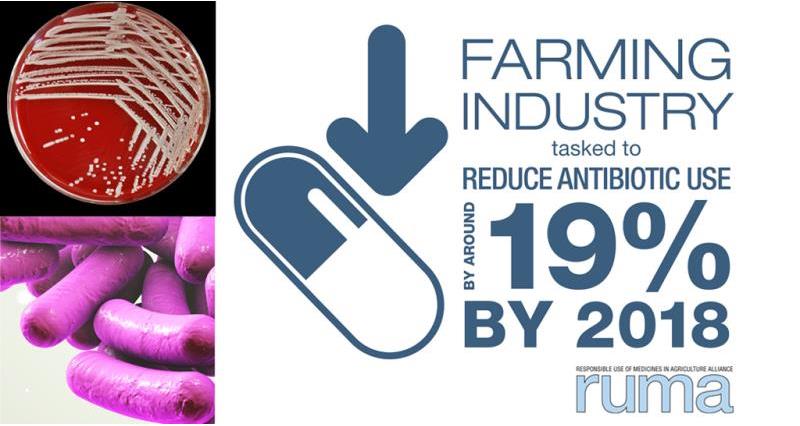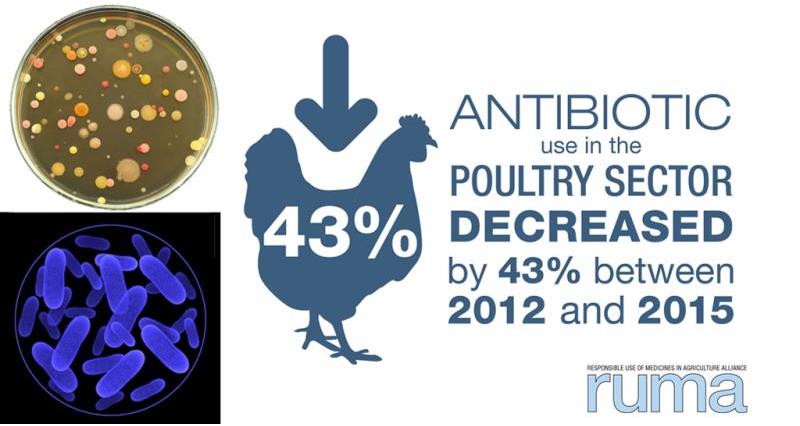It was a busy period and tested RUMA’s new communication and membership structure.
The ongoing issue is the threat of antibiotic resistance – a phenomena which threatens all who use antibiotic therapy, including every one of us, our pets and our food production animals, to combat ill health.
The NFU, recognising the threat, joined with a few other industry organisations 19 years ago to create the Responsible Use of Medicines in Agriculture Alliance – otherwise known as RUMA – to develop and disseminate best practice guidance to the industry on how to use antibiotics and other veterinary medicines responsibly.
Over the years the RUMA membership has grown, and we‘ve been able to add our collective voice to the increasingly frequent global conversations to varying levels of success. However, RUMA’s role and ability to influence what is becoming an increasingly sophisticated global discussion was becoming hampered by a lack of resource.
Consequently, the membership agreed to substantial changes in the ‘modus operandi’ of RUMA. A comprehensive five-year business plan was developed which included a communications strategy, and a commitment from all members, including the NFU, to promote RUMA as the ‘go to’ source of advice, commentary and facts.
- Read more about RUMA here.
- NFU members can read our analysis of the recent UK Veterinary Antibiotic Resistance and Sales Surveillance Report here. You can read the full report here.
Find out how we made the case for farming below

